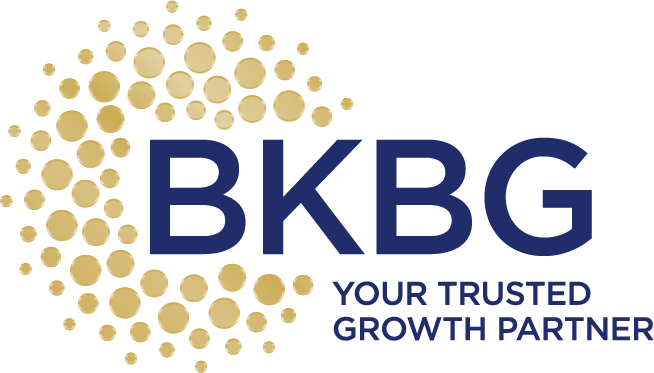Retaining Best-In-Class Talent
A lesson many kitchen and bath showrooms learned from sheltering in place during COVID 19 is that coming to the showroom every day is not necessary for your team to be productive. At a time when attracting and retaining talent is paramount, many showrooms are re-evaluating their work processes and benefit packages. What can you do to attract and retain best-in-class talent?
The answer may lie in Daniel Pink’s book Drive: The Surprising Truth About What Motivates Us. Pink argues that the workplace of the 21st century has moved from motivation 2.0 of rewards and punishment to motivation 3.0 of inherent satisfaction in the work itself. Pink believes that in the 20th century the workplace demanded employees perform routine tasks, work on assembly lines, etc. that benefit from providing incentives for increased productivity. If you can assemble 10 widgets in an hour instead of 8, the company will provide you with additional compensation.
Incentivizing workplaces that require routine tasks still works, but how many tasks in a kitchen and bath showroom are there? Pink states that offering incentives for creative work that dominates 21st century workplaces can be counterproductive. Instead, companies should look at the new motivation paradigm that involves Autonomy, Mastery and Purpose.
Autonomy involves providing a certain amount of time to employees to pursue any project that they want. Google is the example Pink uses of how this freedom can benefit a company. Products such as gmail and Google news are the result of Google providing autonomy to its staff. What would happen in your showroom if you told your staff that they could spend 20% of their time working on anything they believed would improve your showroom or your customer’s experiences?
Mastery involves achieving goals because employees enjoy what they do instead of viewing what they do to earn a paycheck. Pink explains this as the difference between learning French to pass a test and having a goal of speaking French and traveling to Paris. When you learn to pass a test, you achieve a goal. When you learn because you want to speak the language, that’s mastery. Hall of Fame basketball player Julius Erving’s following quote embodies Pink’s definition of mastery, “Being a professional…is doing the things you love to do, on the days you don’t feel like doing them.”
Purpose involves deriving personal and professional satisfaction from your job. Most employees don’t come to work wanting to be mediocre or not caring. Most want to do a good job. They want to leave work with the belief that they help customers achieve their dreams and make a positive difference in their lives. This concept of purpose and work, life, achievement balance hits at the heart of the Millennial generation.
The idea of allowing team members to have say not only of when they work, but how makes a statement that a showroom trusts that its team members will fulfill their responsibilities and that trust is more than likely to motive, engage and inspire your team.
